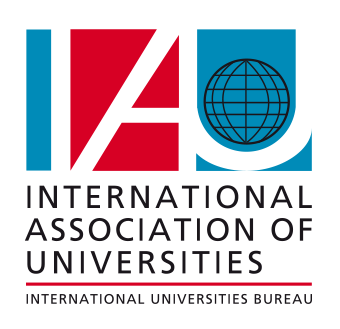Marine Science Station (MSS)
The Marine Science Station (MSS) was founded in mid 1970s. The main objectives of establishing the MSS were to create a marine research facility for scientist and post graduate students of the two Jordanian Universities that existed at that time; the University of Jordan and Yarmouk University, and to provide a haven for international scientists interested in studying the tropical-subtropical marine ecosystem. The Gulf of Aqaba with its unique characteristics provides an ideal oceanic model for such studies. In the station there is a public aquarium that attracts thousand of school students, tourists, official visiting groups and Jordanian citizens. MSS beach’s and coral reefs have been declared as the first Marine Nature Reserve in the Gulf of Aqaba, with access restricted except for scientists.
The Marine Science Station consists of four main departments. Physical Oceanography Department studies mainly the physical oceanography in the Gulf of Aqaba and describes the dynamics and thermodynamics of its waters and their interaction with the atmosphere and assesses its effects on the spreading of various tracers and pollutants. Chemical Oceanography aims mainly to study chemical characteristics of the Gulf of Aqaba in connection with physical and biological oceanography. Pollution of the sediment and water is the most important issue that is investigated in this department. Marine biology department consist of:
Coral Eco-Physiology: Research activities carried out in the laboratory of Coral Eco-Physiology are concerned with the study of coral calcification and its interaction with photosynthesis and respiration.
Planktonic research: The main goal is to study the dynamics and ecology of phyto and zoo Plankton as main parameters in the food chain in the ocean.
Fish & aquaculture: The main goal is to study different type of fishes and their movement and relation with other organism. An environmentally friendly aquaculture practice is one of our prime interests in our work. Theses allow for the generation of high-valued commodities without harming the environment
In Marine Geology, they deals with using massive hermatypic coral skeletons, as high quality recorders of the environmental and climatic changes.



